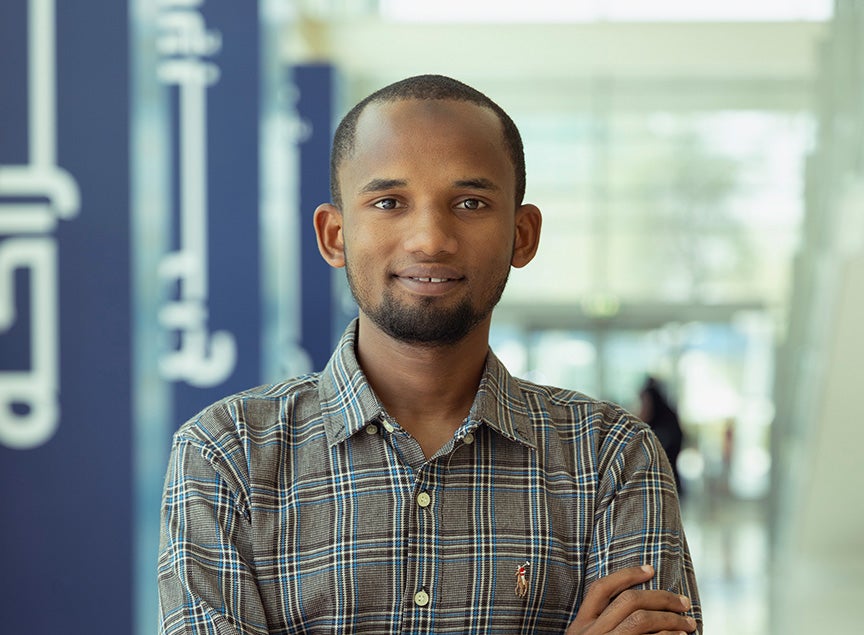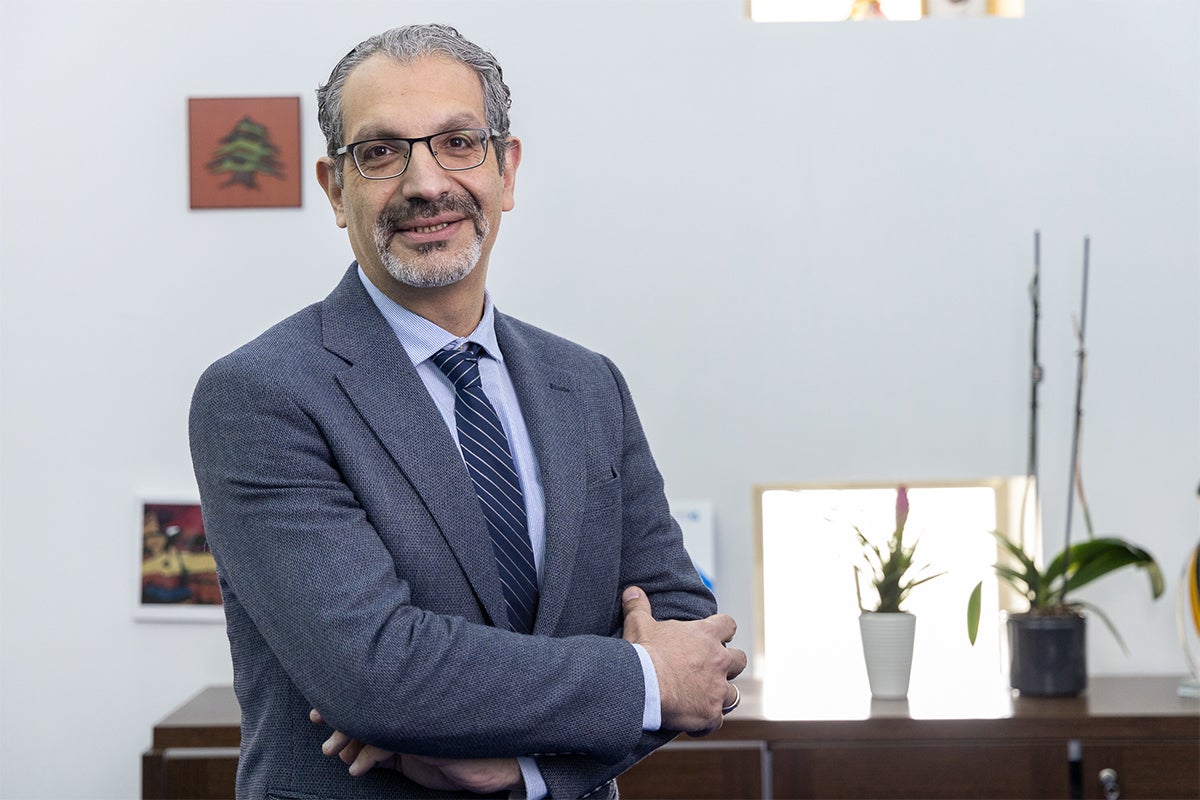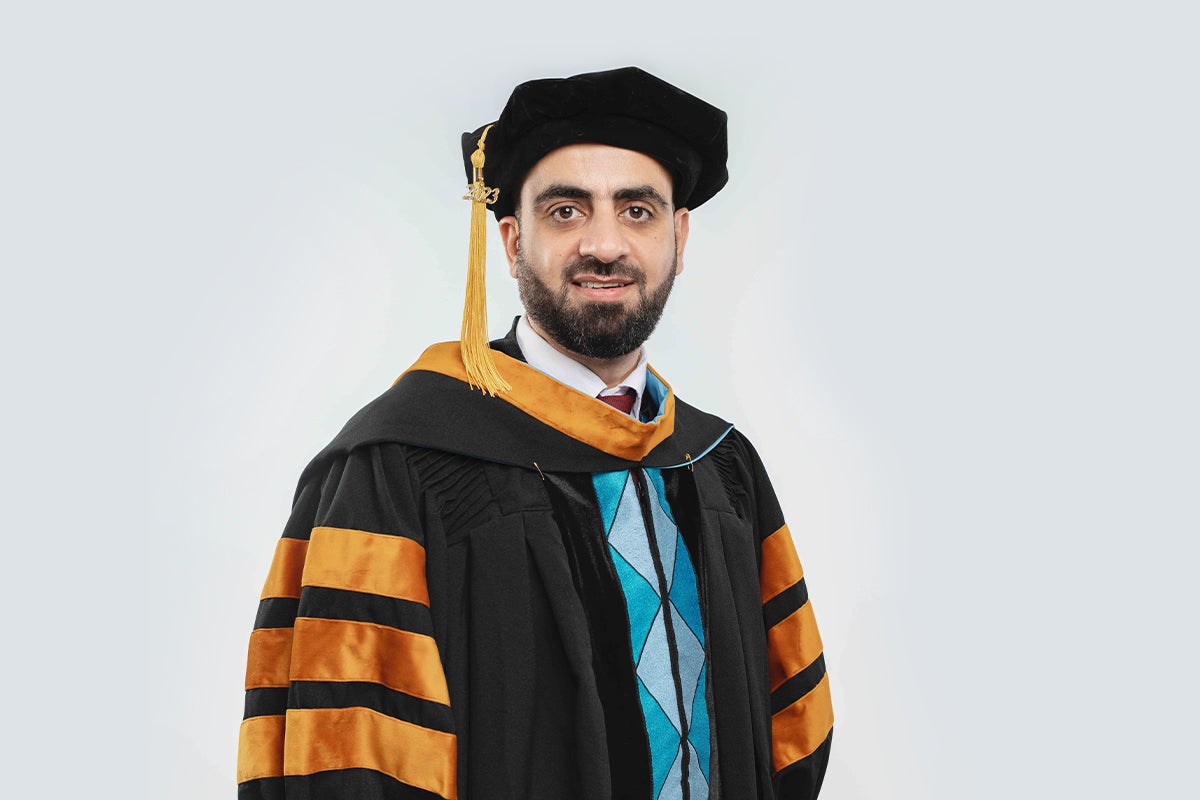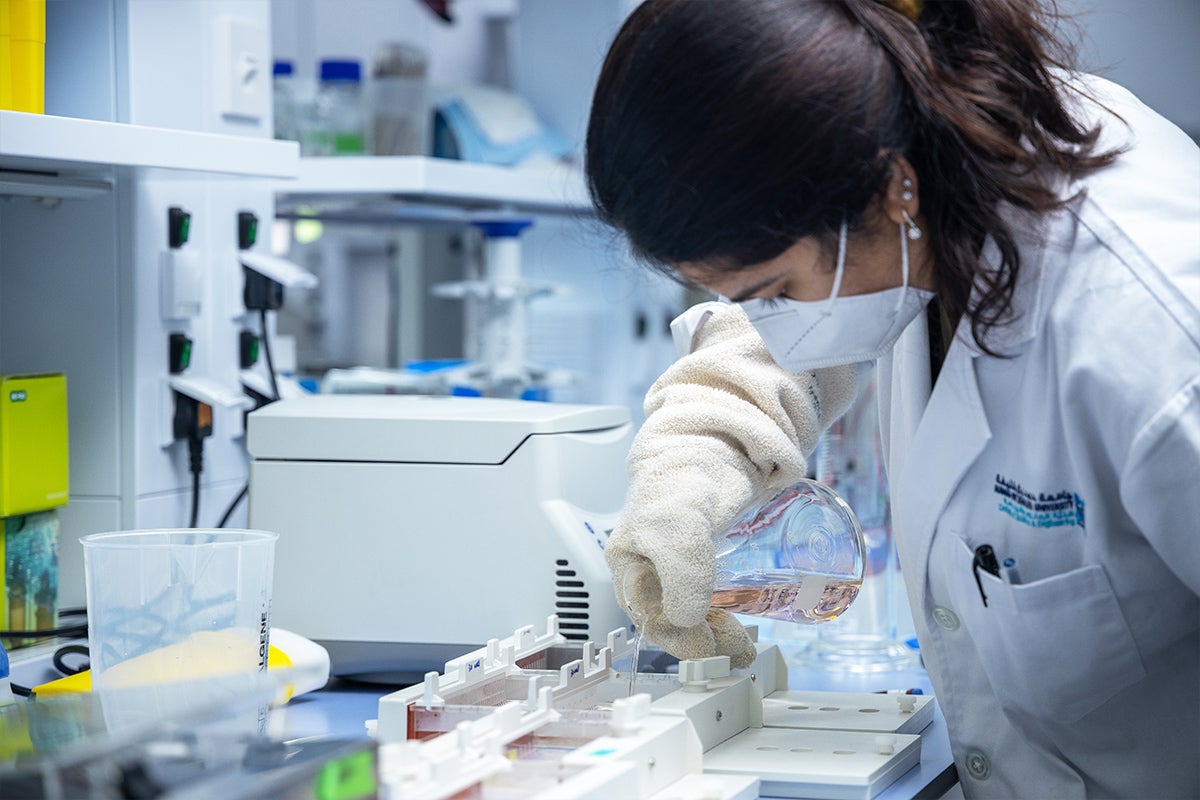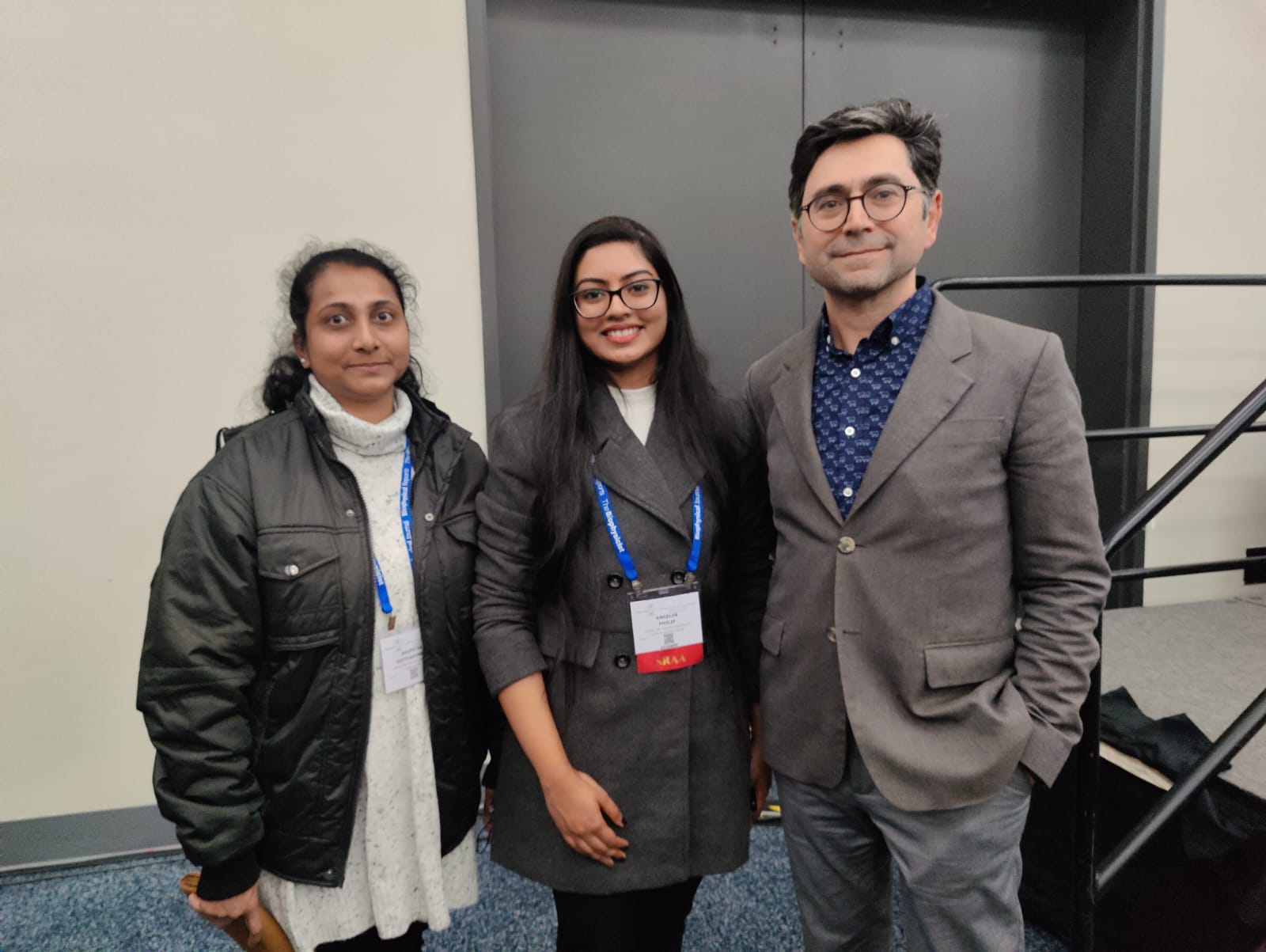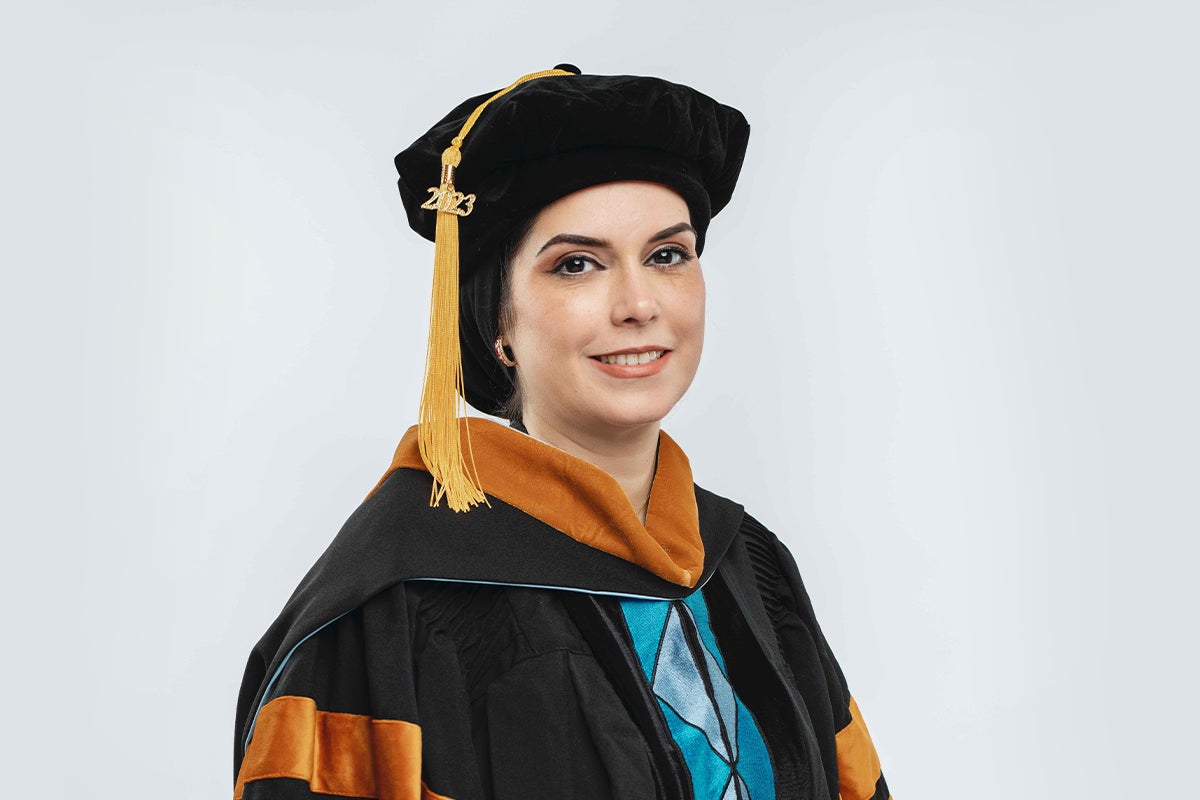
Arwa Aldaalis nurtured an interest in Mendel’s Principles of Inheritance in her last year of high school, becoming particularly fixated on understanding the patterns of how genetic traits are passed on from parents to offspring.
Since then, Arwa has built a career in the biological sciences, spending a decade working in institutions across Qatar’s research sector including Weill Cornell Medicine - Qatar, Qatar Cardiovascular Research Center, and Hamad Bin Khalifa University’s (HBKU) Qatar Biomedical Research Institute.
To take her career further, Arwa then decided to enroll in the PhD in Biological and Biomedical Sciences (BBS) program at HBKU’s College of Health and Life Sciences (CHLS). For her, HBKU was the perfect university to pursue her PhD. “I was born in Qatar, and it’s where I went to school, built my career, and started my family. Throughout my lifetime, I have witnessed the rapid growth of a thriving research community in this beautiful country. I was incredibly excited once I knew that Qatar Foundation and HBKU launched graduate study programs in the biological sciences, and I knew I had to enroll here,” said Arwa.
The determined researcher flourished in the BBS program, which HBKU’s CHLS designed to educate students with the knowledge and experience to lead scientific discovery and advance personalized healthcare relevant to Qatar and the world. She also took advantage of the College’s research ecosystem, which emphasizes multidisciplinary collaboration and attracting resources to build technologies to support its goals, to conduct groundbreaking work of her own.
Arwa’s research focused on the link between the biology of lipids and growth of human cells that could potentially lead to the progression of different types of cancer, which challenged her to simultaneously absorb and incorporate knowledge from two different subject areas in the biological sciences. This work led to her acquiring a credit as a first author on a paper published in the prestigious journal Frontiers in Oncology, titled “The SREBP-dependent regulation of cyclin D1 coordinates cell proliferation and lipid synthesis.”
Arwa credited CHLS’ steadfast institutional support and its internationally recognized faculty, all of whom inspired her with their pursuit of high-impact research needed in Qatar and beyond.
“Having the opportunity to conduct hands-on experiments, with advanced techniques and protocols is one of the most important aspects of any research program. I am grateful to CHLS for providing these incredibly fulfilling experiences and to my professors for their full support during my time on the BBS program,” said Arwa.
Arwa’s time at HBKU’s CHLS also taught her the importance of teamwork and collaboration between entities from different fields toward common objectives, while instilling in her an appreciation of multidisciplinary innovation, entrepreneurship, and commitment to finding cross-cutting solutions for complex challenges. The university’s unique learning environment, which naturally reinforces Qatar’s strategy to invest in human capital and economic diversification by providing students with the knowledge and skills to thrive in a rapidly-changing and entrepreneurial environment, ensured that she could bolster both her personal and professional development.
She is one of the graduates comprising HBKU’s Class of 2023, all of whom completed academic programs and conducted research that represent the university’s five focus areas: Precision Health; Artificial Intelligence; Progressive Education; Sustainability; and Social Progress. Like Arwa, they will all be embarking on new journeys where they will consistently apply their experience to positively impact Qatar and the world.
For Arwa, she hopes to take the state-of-the-art knowledge of basic, clinical, and translational research approaches she acquired from the program and continue applying them to the molecular and biomedical sciences as a researcher or postdoctoral fellow.






